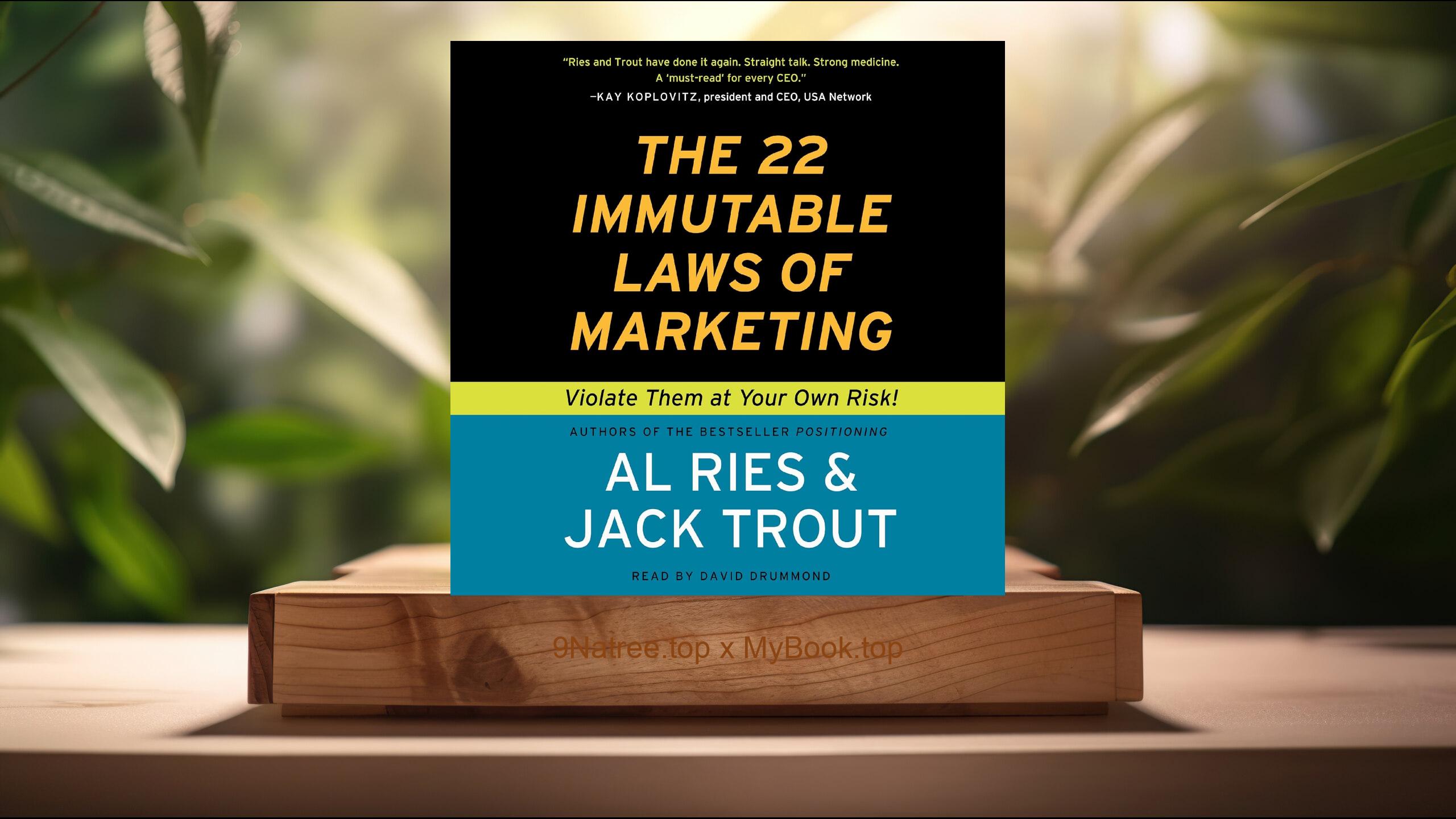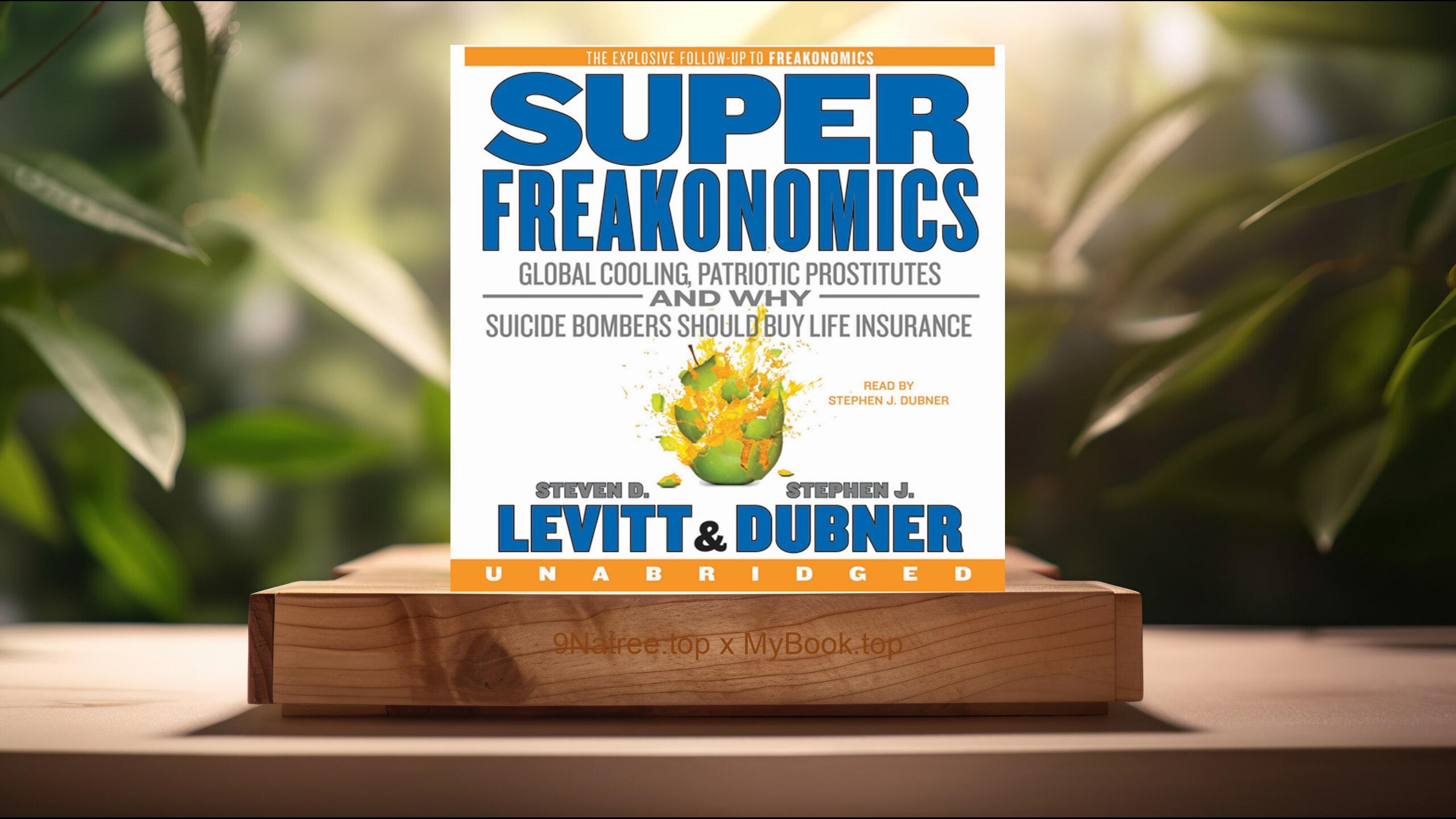Show Notes
- Amazon US Store: https://www.amazon.com/dp/B00J4O9FMM?tag=9natree-20
- Amazon Worldwide Store: https://global.buys.trade/The-22-Immutable-Laws-of-Branding-Al-Ries.html
- Apple Books: https://books.apple.com/us/audiobook/the-22-immutable-laws-of-branding/id1441498160?itsct=books_box_link&itscg=30200&ls=1&at=1001l3bAw&ct=9natree
- eBay: https://www.ebay.com/sch/i.html?_nkw=The+22+Immutable+Laws+of+Branding+Al+Ries+&mkcid=1&mkrid=711-53200-19255-0&siteid=0&campid=5339060787&customid=9natree&toolid=10001&mkevt=1
- Read more: https://mybook.top/read/B00J4O9FMM/
#BrandingStrategies #MarketPositioning #BrandDifferentiation #BrandIdentity #MarketingPrinciples #ProductFocus #BrandEquity #The22ImmutableLawsofBranding
These are takeaways from this book.
Firstly, The Law of Expansion, The Law of Expansion suggests that a brand's power inversely correlates with its scope. Essentially, as a brand attempts to expand its reach by being all things to all people, it dilutes its identity and loses its strength. This chapter underscores the importance of maintaining a narrow focus, arguing that truly powerful brands achieve dominance in a specific category or market niche. This law emphasizes the risk of brand over-extension and the value of specialization. For instance, the success stories of brands like Starbucks or Google illustrate how a keen focus on a core offering can accelerate brand recognition and loyalty. This law cautions against the temptation of diversification at the expense of brand clarity, advocating instead for depth over breadth in market presence.
Secondly, The Law of Contraction, The Law of Contraction relates closely to the concept of focusing narrowly to achieve brand strength. It propounds that a brand becomes stronger when it intentionally narrows its focus. This law highlights the paradox that by limiting its market scope, a brand can actually enhance its appeal and become a leader in its category. Contraction involves honing in on a core product or service and perfecting it, rather than diluting efforts across multiple offerings. This strategy can lead to owning a specific category in the consumer’s mind, which is exemplified by how FedEx initially focused exclusively on overnight delivery. This deep, singular focus can be a brand’s most significant leverage in building a durable market positioning, enabling it to command loyalty and justify premium pricing.
Thirdly, The Law of Publicity, The Law of Publicity centers on the idea that the birth of a brand is achieved through publicity, not advertising. In the early stages of a brand’s life, it is critical to garner media coverage and word-of-mouth attention rather than rely solely on paid advertising. This law underlines the importance of being first in a new category and using that novelty to capture media interest, which in turn generates brand recognition. Publicity is portrayed as more authentic and credible than advertising, making it a powerful tool for establishing a brand. Examples such as the rise of Red Bull and Tesla Motors highlight how innovative products combined with savvy publicity strategies can create potent brand awareness and favorability almost organically. This law advises brands to invest in public relations efforts to build a solid foundation for brand equity.
Fourthly, The Law of Singularity, The Law of Singularity posits that in each situation, only one move will produce substantial results. This principle is about identifying and capitalizing on the unique opportunity that can propel a brand forward significantly. It challenges brands to think strategically and creatively about their market positioning, rather than rely on incremental improvements or copycat tactics. This law emphasizes the importance of bold, singular actions that can redefine a category or a brand’s role within it. The launch of Apple’s iPhone, which revolutionized the smartphone industry, serves as a prime example of how singularity in branding and product innovation can create unprecedented market shifts. Brands are encouraged to seek out their singular move—the one that will set them apart and lead to substantial brand growth.
Lastly, The Law of the Word, The Law of the Word advocates for owning a single word in the minds of consumers—a word that embodies the essence of the brand and distinguishes it from competitors. This law underscores the power of simplicity and focus in branding. By associating with one defining word or concept, a brand can achieve clarity and memorability. For example, Volvo is synonymous with safety, and Google with search. This exclusive association is not accidental but the result of strategic positioning and consistent communication over time. The Law of the Word suggests that the battle for brand dominance is fought in the minds of consumers, and victory is achieved by aligning the brand so closely with a single concept that it becomes the default choice in that category. Brands are encouraged to identify their word carefully and commit to it with unwavering consistency.
![[Review] The 22 Immutable Laws of Branding (Al Ries) Summarized](https://episodes.castos.com/660078c6833215-59505987/images/1854051/c1a-085k3-kpdd31gjfdjd-4saows.jpg)




